
Are unkempt city streets a harbinger of things to come as Auckland Council looks to defund a wide-ranging ecosystem of services? Matthew Scott investigates how things will change on the ground
The verdant grasses of Auckland are reaching new heights - 2.5cm longer than normal.
Cost-saving measures handed down from on high at Auckland Council in anticipation of this year’s budget decision have already put the squeeze on gardening services, with the mowers being hauled out at slightly longer intervals.
Cuts to open space maintenance are expected to save about $5 million, and represent the first step towards widespread cuts or reductions to council services to try to make up for an operating shortfall of nearly $300m.
These are the first visible signs of the change that will come if Auckland’s councillors vote to go with the proposal - a third of public rubbish bins rolled away into storage, and garden maintenance reduced for 80 percent of council gardens.
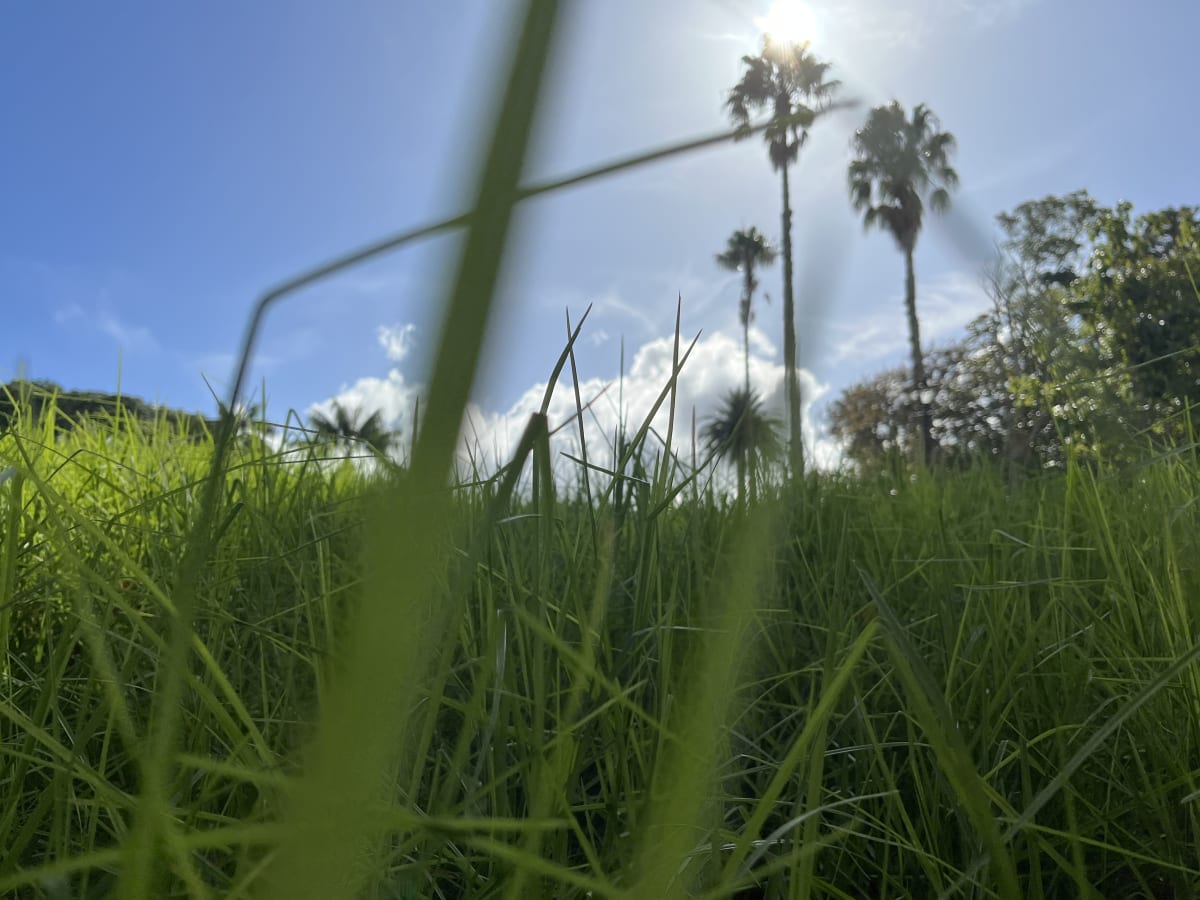
It seems that in almost every street, nook and cranny of New Zealand’s biggest city, something is being defunded.
The wide-reaching service cuts and reductions detailed in Auckland Mayor Wayne Brown’s budget proposal have polarised many in the city.
One camp looks to Brown’s appetite for austerity as the only way out of an enormous budget hole, while the other views the extent of service cuts as an existential threat to the way of life for many in the City of Sails.
It’s being called the most important Auckland Council budget decision since the birth of the Super City, and if the lid on council coffers closes this year, it could do so with a clang that sounds out across generations.
Brown is already tipping the budget hole this proposal seeks to fix could have become worse in the past few months and an even bigger ask will be needed in cuts, rates or using other options.
Submissions on the proposal closed at the end of March with 41,146 people having had their say online, breaking the previous record from the first Covid lockdown. A summary issued by the council said “just over half supported at least some spending reductions” and 39 percent urged no reductions and increases instead to rates and/or debt.
Adding in feedback that was given through other channels - this budget proposal has certainly garnered a reaction. Although there has been concern from some about the relatively low proportion of feedback from south and west Auckland areas compared with central and isthmus.
Auckland Council CFO Peter Gudsell said the large number of submissions was a testament to the political engagement of Aucklanders.
“There are some tough choices ahead and these are important decisions that will be made on behalf of Aucklanders, so it’s great to see we’ve heard from so many,” he said.
And in council chambers, they’ve not only heard from these people, they’ve seen them too.
Since the meeting of the governing body in late March, protesters have been present in a number of committee meetings holding up signs with messages such as ‘No Cuts, Tax the Rich’.
On the whole they’ve been a silent group - a spectre appearing largely in Wayne Brown’s peripheral vision, but surely a constant reminder of the distaste many of Auckland’s community leaders have for the cost-saving measures laid out in this controversial proposal.
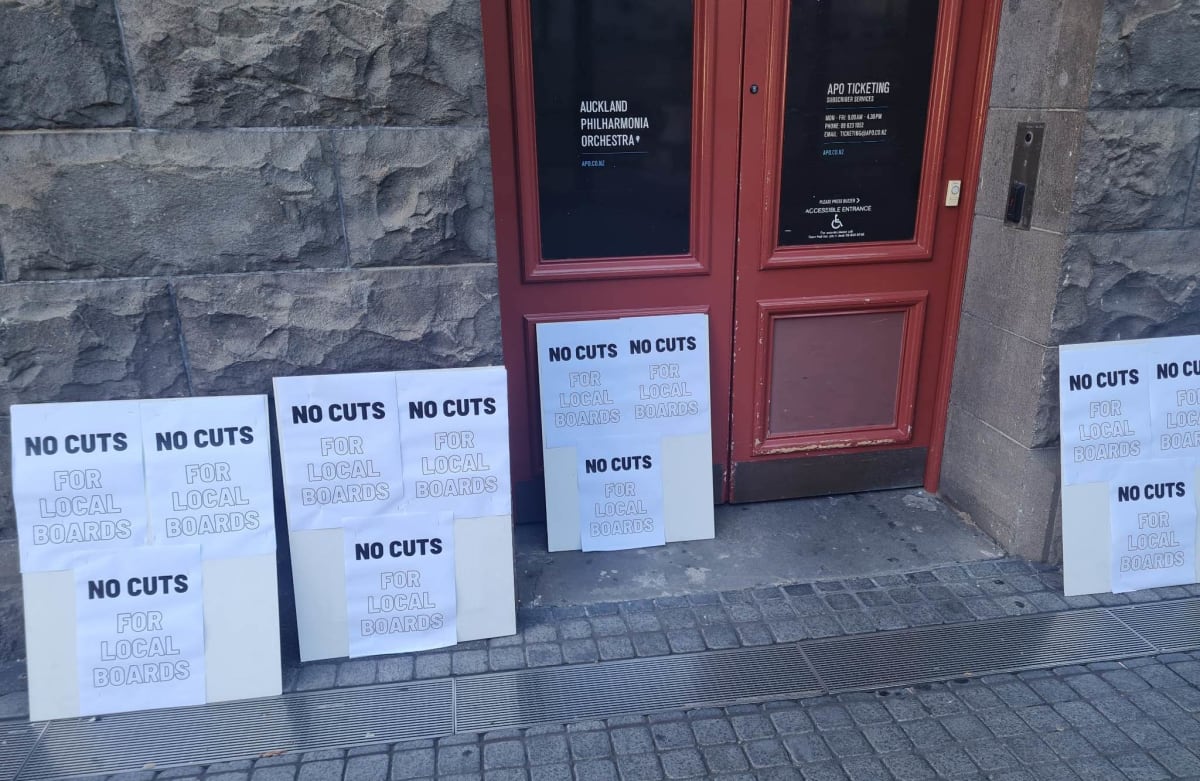
With the submission period ended, Auckland Council is now condensing the feedback for the governing body, which will provide a final decision in June.
Between now and then Auckland is Schrödinger’s city - funded and not funded, awaiting a new era of austerity just as many hope for the survival of council activities they say are just as vital as they are expensive.
It’s a crossroads between the future that Wayne Brown says he was elected to deliver and one where Auckland Council borrows more to keep funding the vision of the city shared by some of the councillors around the table.
Although the members of the governing body have yet to get into the nitty-gritty of the post-submissions period, it’s already clear that Brown’s vision will face some opposition.
Perhaps that was where his comments last month stemmed from when he said no one on the councillor team “is wholly good nor bad… although Josephine Bartley is pushing the boundaries, I have to say”.
The Maungakiekie-Tāmaki ward councillor has been one of the more visible opponents of the community funding cuts.
“How dare Auckland Council propose cuts to programmes that address inequity,” she fired off on Twitter on March 27. “Wow West Auckland thank you for telling mayor and councillors that this budget leaves behind our communities who are already on struggle street.”
Showing the fiery approach the fate of the city’s finances has prompted, Bartley received bullying online after the mayor’s comments and placed a police report for threats made against her.
But though there are councillors speaking up for community services that may lose out as Auckland Council tightens its belt, there’s a cadre of cost-averse political veterans trying to steer the ship the other way.
Wayne Brown’s ascendancy was predicated on the promise to go through the books with a no-nonsense eye to cut any extraneous fat, and others on the team were elected on similar promises.
Former National Party MP Maurice Williamson has said he’s there for a one-and-done term in which he wants to focus on putting the razor to what he see as wasteful policy.
The councillors will argue on high and some variation of the current proposal may be handed down as the new reality for Aucklanders. But between the brow-beating about essential community services and $295m operating deficits, what does all of this actually mean for the communities of Tāmaki Makaurau?
If all politics are local …
The Auckland region’s 149 local board members across 21 local boards represent the most granular of democratic division in the region.
On top of providing feedback to the governing body on decisions that will affect their patch, they each agree on and oversee a work programme and community grant system that provides facilities, services and funding for local organisations on a neighbourhood level.
Henderson-Massey local board deputy chair Brooke Loader called it the coal-face of local politics.
She said the annual budget as proposed would “cut us at the heart and kill community organisations”.

She said at a recent community meeting for people to provide feedback on the budget that there were more people than she had seen in her two terms on the board.
A speaker asked the crowd of mostly community organisation members to stand if their organisation was likely to be severely impacted by this budget - and a near roomful of people stood.
“There is a genuine concern about the viability of some organisations to continue,” Loader said.
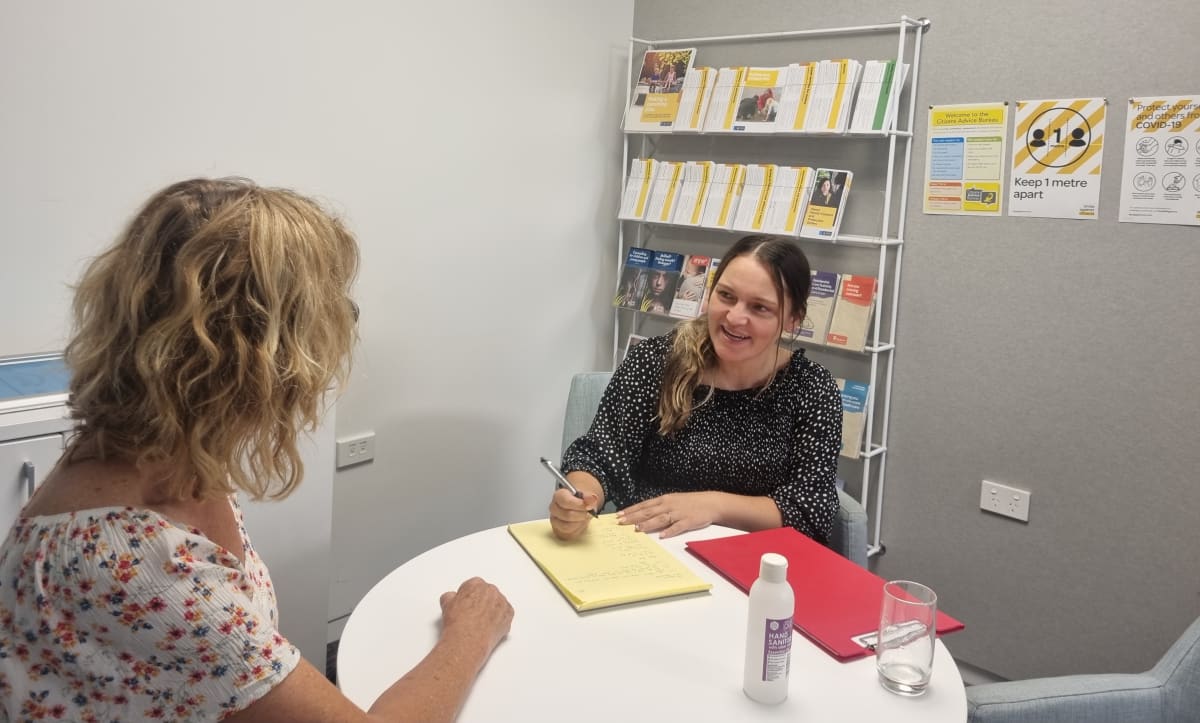
The budget proposal suggests a $16m reduction to local board funding, which averages out at about $761,000 less for each of the 21 boards.
The reductions are not equal, however, with Waiheke being cut by less than $400,000 but Māngere-Otāhuhu losing out on about $1.2m.
Late in April, Brown suggested the total cut from local boards could reduce to $6m but that would be contingent on the boards accepting that sale of the council's airport shares was needed.
All up, the reductions represent only about 5 percent of the total budgets that local boards oversee. But local board representatives argue that much of the spending is non-discretionary.
That means it’s the areas where local boards get to make the call on how they spend their money that will be disproportionately affected, as that is where they’ll have to find the savings.
Much of this will come from locally driven initiative funding - the realm of the community organisations and initiatives who are seeing this budget as an existential threat.
“It’s going to have wide repercussions,” Loader said. “Thinking about it on a wider level, there are parts of what the council or the local board support that are the heart of what brings our community in Henderson-Massey together - that’s our libraries, our Citizens Advice Bureaux, our community groups.”
She said areas such as West Auckland rely heavily on community initiatives, which will mean they will be affected inequitably if these groups are forced to scramble for other avenues of funding.
She pointed out groups such as Ranui 135, which provides youth mentoring programmes to Māori and Pasifika, and Zeal, a dedicated youth centre in Henderson.
But despite the risks, Loader remains optimistic.
“Our Westie organisations are tough and they can run off the smell of an oily rag,” she said. “I only have to think of the stellar work I saw done by these organisations after the floods. I just hope that our governing body recognises their importance.”
In Puketāpapa, the mood was sombre when the local board learned of the extent of the cuts.
“The main word would be ‘gutted’,” said local board member Jon Turner. "Five percent sounds quite reasonable as a headline number when we all need to tighten our belts - but the board only has discretion over a smaller amount of spending which means that work will be disproportionately affected.”
So what is likely to be affected?
Events and staffing at Roskill Youth Zone in Wesley, art groups, weeding on waterways, library hours. Local board-subsidised rentals will go up from a few hundred a year to a few thousand - potentially an impassable obstacle for a chapter of the Scouts.
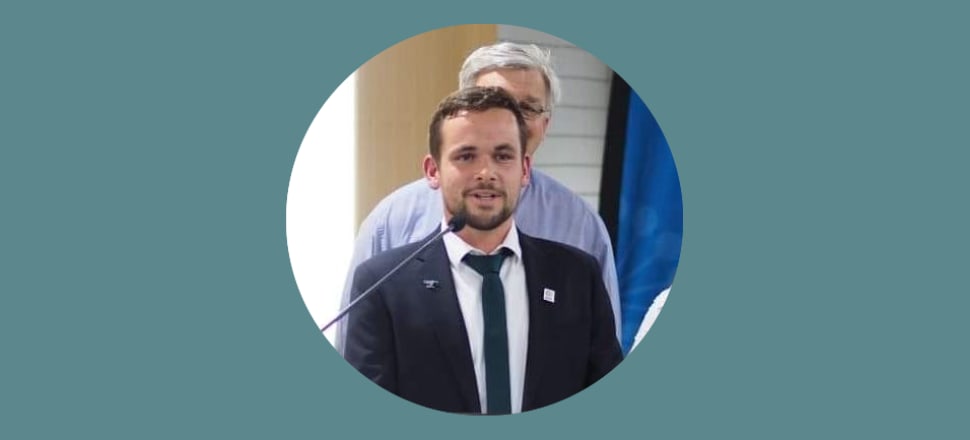
“Some organisations might be able to get more external funding and there are other sources,” Turner said. “But really whether they can continue or not may be up in the air.”
Earlier this month, Mt Roskill hosted CultureFest, a busy festival showcasing the dozens of cultures that call Auckland home.
Turner went along but worried that it was the last time his suburb would see events like this for a while.
"There's an example of what happened in Covid. A lot of community centres and ultimately social problems increased - maybe not the direct cause but certainly part of it,” he said. “There was this disconnect for the community. And now with things like CultureFest, if that goes away …”
The budget proposal name-checks CultureFest as losing funding, with Music in Parks and events at Arataki Visitor Centre, the Botanic Gardens, or Mahurangi Regional Park.
Meanwhile, 44 community gardens could grow weedy without council-funded green thumbs to shepherd them along.
Turner wondered whether putting the local board-funded social and environmental initiatives in jeopardy was worth the win of not borrowing any more money at a council level - especially seeing as the limits are self-imposed.
"When people say we need to save it for a rainy day - well, this is the rainy day,” he said. “I'm always intrigued by the line that we don't want to saddle the future generations with debt, but we're okay with saddling them with poorly invested-in infrastructure.”
Though the budget is mostly concerned with shaving down council services, including many that would lead to greater disaster resilience, it does propose the creation of a $20m storm response fund that will also handle proactive stormwater maintenance.
Council planning documents indicate it will look into clearing litter and leaves from some private drains as well as council-owned ones.
If everybody wants to go to heaven but nobody wants to die …
The mayor said contractual flexibility and the uncommitted nature of some of this funding was why it was added to the list of things that might get the chop.
“Contestable regional grants and local board funding wound up on the list of proposed operating cost reductions, due to the contractual flexibility and uncommitted funds in these areas, and the desire to provide Aucklanders with some options,” he said.
“Based on the advice from council officers, the proposed cuts in my Mayoral Proposal were among the only viable opportunities to achieve the immediate cost-savings needed to plug the $295m gap.”
He added that the proposal had gone through public consultation with the support of the governing body.
“All items in a very limited pool of potential immediate cost savings went to public consultation with the support of the governing body.”
However, in a picture tweeted in early April, since deleted, which was entitled “Another tough month at the Mayor’s Office”, he said that though the budget tries to use a range of levers to spread the pain, “consultation so far has just been a list of demands to get someone else to pay more to protect whatever that person gets out of the system, even though we are trying to evenly spread the load”.
In the same message he said it reminded him of an old Albert King song: “Everybody wants to go to heaven, but nobody wants to die”.
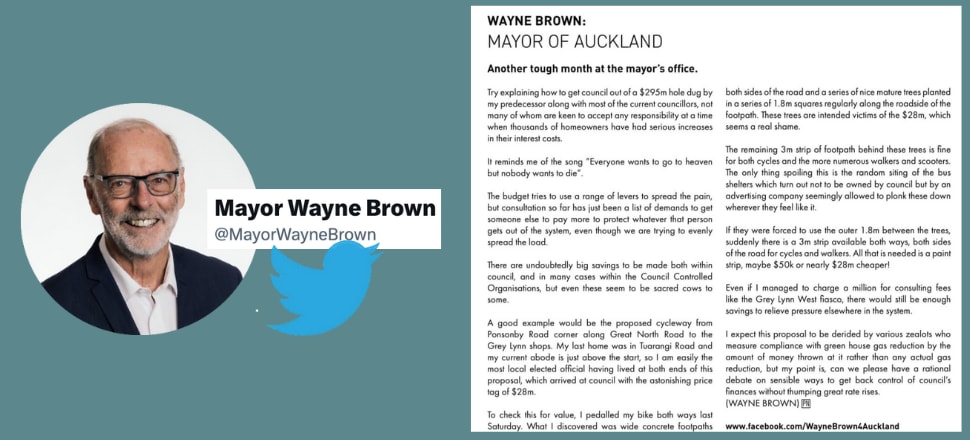
If the numbers stack up …
The University of Auckland economist Robert MacCulloch has long been an advocate for the cost-benefit analysis taking a more central role in political decisions.
Put simply, it’s the technocratic approach - run the formulae to figure out which moves offer the biggest output for the smallest cost, then rank them to be ticked off until the money runs low.
He said there had long been a distaste for putting decisions like this into the hands of economists and actuaries up at the executive level.
Back when John Key was in office, MacCulloch said he presented his view of the importance of a good cost-benefit analysis to the Prime Minister and a room full of CEOs.
“I tried promoting the idea very strongly, and John Key personally was not interested … in fact he poured scorn on the idea and said we all know you economists can fudge the numbers.”

MacCulloch thinks politicians don’t want to centre the cost-benefit analysis as it removes their ability to make decisions on a purely political basis.
In the case of Wayne Brown, he rode into office with the promise of fixing Auckland. His approach prioritises thrift - but is that was the cost-benefit analysis told him?
A spokesperson from Brown’s office said the Annual Budget decision-making process is supported by Auckland Council Group’s Chief Financial Officer, and the council’s own treasury unit.
Auckland Council staff provided councillors with staff advice to support the Mayoral Proposal with some of the pros and cons that come along with pulling each respective lever.
This was followed with a series of workshops where the mayor and councillors were able to question council officers on the ramifications of each budget move.
But a local government official information request, put forward by Forest & Bird’s Auckland manager Carl Morgan, found that Auckland Council had dispensed no advice to the mayoral team before the publishing of the budget proposal on the potential impact on climate change, water quality and environmental outcomes.
“No advice has been provided to the mayor or the mayor’s office as no requests of this nature were received,” the council replied to Morgan.
This was given to Morgan only a few hours before the closing of the submission period for the budget, preventing any organised response from the public.
Morgan said it was "disappointing – but not surprising – that the mayor’s office did not ask for any environmental impact analysis of the proposed cuts, meaning none was undertaken”.
“Beyond the failure to properly consider impacts, we’re frustrated that the council waited until it was too late for people to properly include this information in submission,” he said. “Auckland Council should have been upfront from the beginning.”
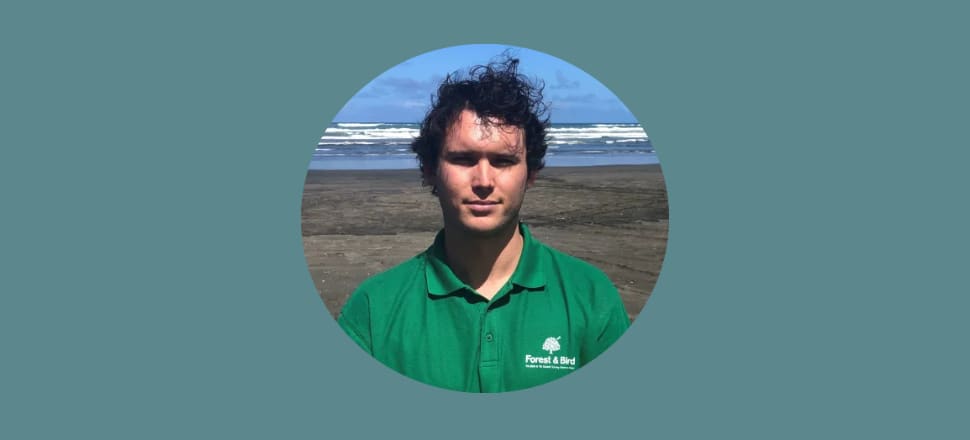
City Vision, the collective behind most of Auckland’s left-wing local politicians, gave submission instructions out to Aucklanders that shared their ideological stripe.
Among these, they asked submitters to ask not once but three times for the council to undertake “cost-benefit analysis of the financial impact of the proposed cuts and the consequences of the cost of cutting services and funding particularly on Auckland’s lower socio-economic communities”.
MacCulloch - the cost-benefit advocate - said he hadn’t followed the putting together of the budget closely, but said there was often room for ambiguity when it came to large organisations doing their due diligence in this sphere.
“What’s difficult is they might say they’ve looked at these costs and benefits, and then I’ll talk to people inside these places and they’ll say it wasn’t a serious cost-benefit analysis, perhaps it was just on one side of paper … it can be unclear how seriously they are taking it.”
In the case of the budget proposal, it appears the ambiguity lies between that offical information request, which says no specific environmental advice was asked for, and the published advice that the governing body was provided with.
The latter doesn’t delve too deeply into the future ramifications of lowering the natural environment targeted rate or the water quality targeted rate, but says “they could provide temporary relief to ratepayers in the current year”.
If this is a rainy day …
On a rainy Thursday night before Easter, a hundred or so people gathered in the hall at the Auckland Irish Club in Mt Albert to hear a panel of speakers railing against the cuts.
Unite Union organiser Joe Carolan was the Irish connection, and spoke to a certain kind of poetry behind hosting a meeting on climate action at the home base for Auckland’s piece of the Irish diaspora, themselves driven out of their homeland years ago by famine and economic hardship.
“150 years ago we had a 'natural disaster' in Ireland, although it was actually man-made,” he said. “Millions of people died in my homeland and millions had to run … that's why we have this little hall here.”
The connection lies in the rise of the climate refugee, especially in the South Pacific where island nations are set to be the first to face rising sea levels and salinating water tables, despite minimal contributions to the climate crisis.
The changing weather was top of mind as Union organisers and Green politicians spoke out not only on the mayoral budget proposal, but also recent policies put on the fire by central Government as Prime Minister Chris Hipkins strikes a more centrist pose.
Elliot Crossan from climate activist group System Change Aotearoa was critical of both politicians' approaches, and said cuts to climate action added insult to injury.
“‘Fix Auckland’ was Wayne Brown's campaign slogan when he ran for mayor of Auckland. Now we are looking at his first budget, it's become pretty clear what his vision of fixing Auckland entails - fewer bus services, less funding for the environment, less funding for homelessness,” he said. “[His vision] is a city built for wealthy businesspeople to drive around in their expensive cars desperately trying to ignore the climate crisis.”
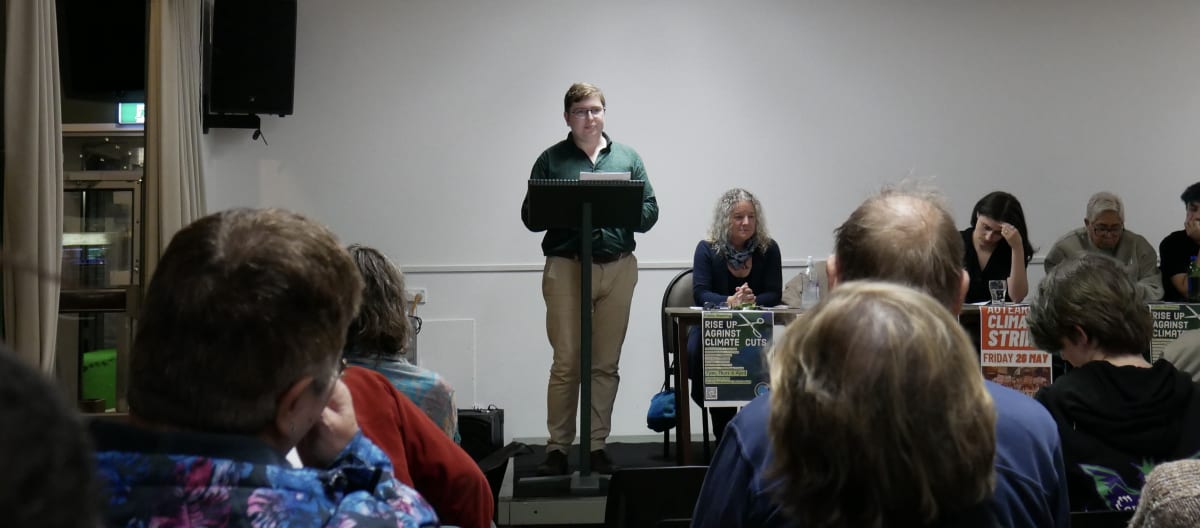
But back to the budget proposal itself - what exactly in that long list can be counted as a ‘climate cut’, anyway?
Brown proposes to cut climate action-related programmes that are funded by general rates - including stopping or reducing the Climate Action Grant, the Live Lightly programme, and work on council land and marae.
Auckland Council’s first dedicated climate-focused grants programme began just a matter of months ago, with $400,000 up for grabs for community-based climate projects that aimed to reduce emissions, build community resilience and support Māori-led responses to climate change.
At the time, Environment and Climate Change Committee chair Councillor Richard Hills said he was “very pleased the council is responding to the increased attention to the effects of climate change. We’ve all seen the devastating impacts it can have on communities, and we’ll continue to invest where we can to help groups respond to the challenge”.
This call to urgency came even before the heavy winds and rains arrived at the beginning of this year.
Then there’s the reduction to regional contestable community grants, including those focused on the environment, which are set to be cut by about half a million dollars. That’s seed money provided to community organisations to look after significant ecological areas or waterways.
Finally, there’s the local board funding of ongoing community work - that includes cleaning up waterways, planting native bush and looking after urban ngāhere.
It’s work that’s been split across several categories in the proposal, and the true impact that its defunding would have is perhaps only visible when it is all added up to the sum of its parts.
Auckland Central Green MP Chlöe Swarbrick was also on hand to come out firmly against the cuts.
She said if the political willpower was there, radical climate action was possible.
“All of the times that we've been told that this stuff is politically, economically or financially unfeasible, untenable or impossible, were proven completely untrue under the advent of Covid-19, when we saw on the head of a pin, virtually overnight, rent freezes, direct payments to people who needed it, flexible working arrangements for people with disabilities or sole parents … in fact anyone who needed them …”
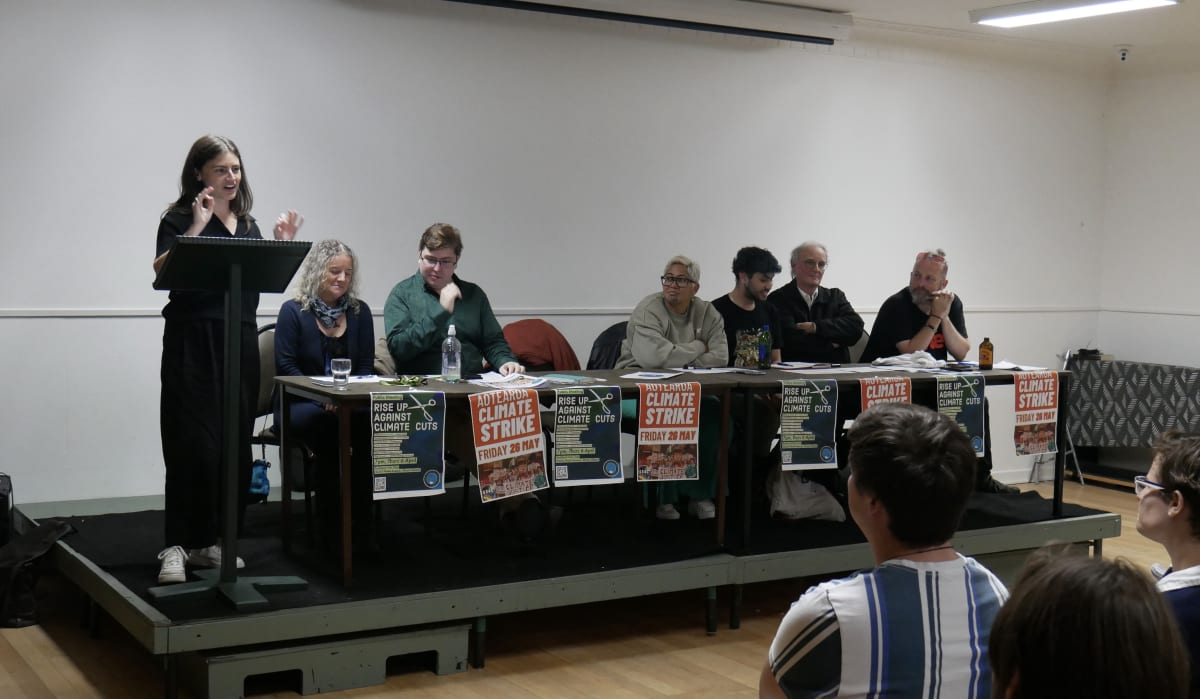
She said the limits that were getting in the way of keeping this array of funding healthy were often self-imposed - worlds we have created, and can recreate if we really want.
“Budgets, money, the economy. Just to give you a real, honest assessment of all that – it's made up,” she said. “The set of rules that we live by are made up. We do not live in a game of Monopoly … budgets are value statements and all politicians, all of us are fundamentally ideological … all of us believe in something and that may lead us to certain cognitive biases … to be more or less willing to engage in a system.”
In the case of Budget 2023/24, that belief comes down to how strictly a rate-payer wants the governing body to adhere to self-imposed limits on borrowing, or a distaste for unloading shares in council assets such as the airport.
Brown has said he’s done some “budgeting for some limited extra borrowing, just in case it is needed”.
The latter condition suggests it’s very much a last resort, with the mayor unwilling to sacrifice the debt headroom that could be vital for unbudgeted and unplanned costs lying in wait - the growing price tag on the City Rail Link, or the continuing money-suck of flood recovery.
Aside from fixing Auckland, one of the missions most referred to by Brown has been keeping rates low for Aucklanders who are already dealing with tough economic times.
"I will be absolutely horrified if we don’t get below double digits,” he has said, referring to the rates increase. “If we don't get them below inflation I will be very apologetic.”
In the grand racetrack of opportunity costs in politics, that’s the horse he’s backing. The cost may come in the form of many of Auckland’s services running jockey-less and blinders-on for the foreseeable future.
If it takes a village …
Soon-to-depart Auckland Council CEO Jim Stabback said the budget included “tough, but necessary measures” and represented a move by the organisation to simplify its diverse array of services on offer.
Simplification has been a common point Brown has returned to, raising questions such as why Auckland Council was providing early childhood care in the first place, as in the case of the 10 Kauri Kids ECE centres, which are expecting funding cuts.
The proposal may be turning its sights on Kauri Kids because of the service operating at a loss of $200,000 over the previous financial year - but union representatives say it's unfair to base these decisions on financial performance cherry-picked from the thick of a pandemic.

Stephanie Mills, national secretary of NZEI Te Riu Roa, wrote an open letter to the mayor and his councillors expressing her concern about the proposed closure of the 10 centres.
“The staff at Kauri Kids provide an invaluable service to the tamariki enrolled at these centres, their whānau, and their wider communities. This is evidenced in the overwhelming concern expressed by these communities when the announcement on the possible closure of the centres was made last year,” she said.
“We have concerns that the council is considering the closure of Kauri Kids ECE centres without adequate financial information, and without an adequate exploration of alternatives.”
Mills argued that the proposal to cut funding for the centres was based on flawed information, citing their performance during the 2021/2022 financial year - a year of hamstrung service because of Covid.
“This was felt across the ECE sector, and many otherwise successful services suffered losses,” she said. “Moreover, even in this fairly exceptional time period, the losses quoted by council are marginal and, we believe, could be recovered with small changes to services' operational and fees structures.”
Plus, with highly unionised staff across the centres, redundancy packages are going to cost Auckland Council a pretty penny - Mills estimates $1m.
Brown’s proposal suggests the council would save $1m of net operating cost a year by withdrawing from the sector. Financially, it may be a moot point.
But the initial point will remain for many as to why Auckland Council provides childcare. Only 300 children are enrolled in Kauri Kids, compared with the 60,000 kids spread across the city's 1400 centres.
At heart it's a divide that is ideological in nature - decision-makers who see the council’s role as ‘roads, rates and rubbish’, and those who view the rate-payer purse as a more holistic steward of many aspects of Auckland communities.
Among these latter would be Susan Warren, the chief executive of council-controlled educational not-for-profit Te Hononga Akoranga COMET.
Warren said this was the most important budget since the amalgamation of the Super City, and called on proposed cuts to community, social, arts, environmental and cultural services to be reversed.
“In our own submission, we raised our concerns that the proposed budget cuts could mean the end of many of the valuable organisations we work with in the community, with hundreds of highly skilled, connected people losing their jobs and thousands of families missing out on services they depend on.”
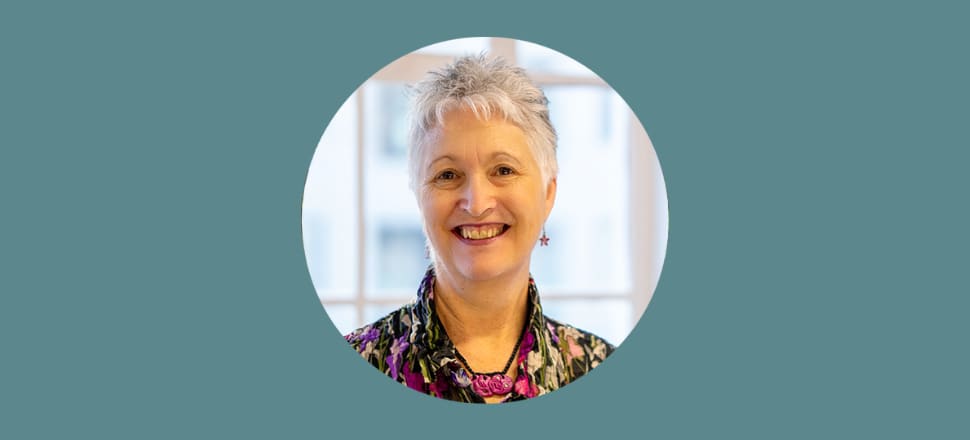
Warren said the budget needed more of an “equity lens” - weighing up each decision with more thought as to whether the cuts would disproportionately affect disadvantaged groups.
She said COMET may face the end of its funding. In response, the group had proposed a compromise - “a managed transition away from our CCO role to become a fully independent charitable trust, and stepped funding over the next three years while we find other funding for our core innovation role”.
If other organisations like this find the means to shift into a less council-affiliated role, they could manage to survive through austerity and live to provide another day.
As it stands, many community groups were wondering where larger organisations and government groups were in the aftermath of the Auckland floods and Cyclone Gabrielle.
Groups such as Dave Letele’s B2B were critical of the power of big charity organisations to get involved at the time.
“In general if you took out the community groups, you took out the marae, you took out business groups and volunteers, there would be no recovery,” Letele said. “If it wasn't for the volunteers and groups like that we'd be in trouble.”
So for some Aucklanders, an independent future for community groups such as food banks or welfare providers may seem bright. However, many of these groups currently rely on funding from their local boards or direct from the council organisation.
If it’s a hard turn of events …
But on top of direct council expenditure, the proposal would also reduce the amount of money that council-controlled organisations could play with.
On top of the obvious organisations such as Auckland Transport - which may have to keep cancelled bus routes in their cancelled state if the new budget comes through - there are business concerns from the tourism and hospitality sector concerning Tātaki Auckland Unlimited’s ability to keep attracting people from the rest of the world.
In addition to existing operating savings of $17m, the budget suggests cutting another $27.5m.
What this would look like on the ground is Auckland Council not taking the lead in advertising the city as a must-see destination, and less support for bids for big international events.
Last year was a busy time for Tātaki Auckland Unlimited, which invested $4.8m into events between July and October that saw record-breaking crowds and brought almost $20m back into the regional economy.
At the time, TAU head of major events Chris Simpson said it was important that Auckland could establish an event schedule to draw in the crowds from overseas.
“The competition across the ditch has increased massively,” he said. “So we’ve got to really start looking at long-term financially sustainable models to build a major events portfolio without necessarily having the same sort of budget that our competitors have.”
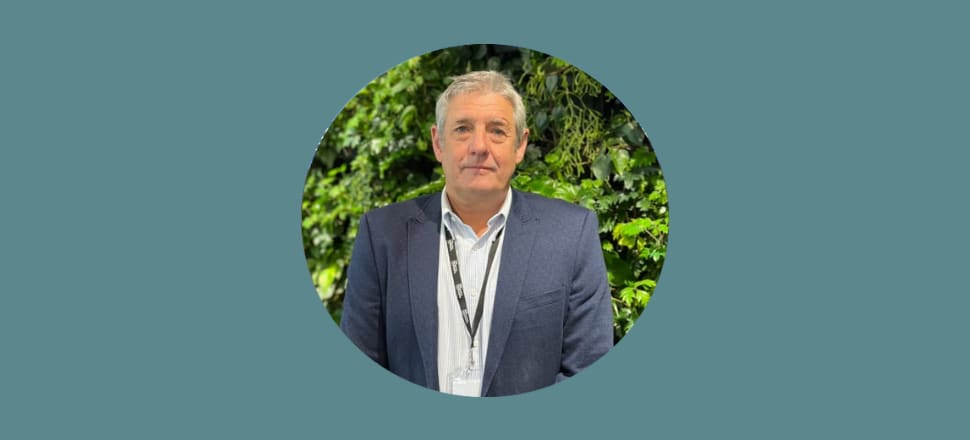
Now that budget is looking like it might be slashed even further.
Hotel Council Aotearoa has come out against the move, saying it would be “excessive, ill-timed and likely to slow the city’s economic recovery after Covid”.
Its strategic director, James Doolan, said many people talk about Melbourne’s stable calendar of vibrant events.
In the year to June 2022, tourism agency Visit Melbourne was provided with more than AUD$130m in funding for destination marketing and event attraction - about $40m if adjusted for Auckland’s population size.
“Auckland Council’s draft budget essentially proposes eliminating this work in Auckland and taking the spend down to zero,” said Doolan. “Without destination marketing and event attraction work being funded by Auckland Council, it will be much harder in future for Auckland to attract private investment into international-standard tourism infrastructure. Auckland Council is facing some tough choices, but councillors shouldn’t abandon international best practice.”

Supporting material for the proposal says there would be a loss of capacity to market and manage Auckland as a tourism destination.
“TAU will no longer be able to attract and deliver major events, an annual programme of anchor events, and business events,” the document continues.
Doolan said the hotel council had foreseen the funding issues now facing Auckland and had appealed to the Minister of Tourism and the Minister of Finance in September of 2021 asking central government to fund Auckland’s destination marketing and event attraction work for three years to assist the post-Covid recovery.
“We wish this was solved 18 months ago, but industry was ignored at the time. The problem in Auckland grows increasingly urgent with each passing day,” said Doolan.
And as Auckland is the entry point for 70 percent of international travellers to New Zealand, this could have flow-on effects to other tourist markets in the country.
“While we acknowledge that funds are limited and tough choices need to be made at all levels, Hotel Council Aotearoa calls on central government to provide urgent interim support so that Auckland and New Zealand do not fall further behind our international competitors.”
If the show must go on …
The $20m trimmed from ongoing service costs looks to affect arts and culture programmes.
It would stop funding for Pacific Arts programming, Proud Centres, Auckland’s designation as a Unesco City of Music and support exhibitions in council art facilities.
Then there’s the long list of regional events that may have to transform, shrink or vanish entirely - particularly the programmes and events funded by community grants.
Art Makers Aotearoa is a collective of artists advocating for the arts through grassroots platforms to voice shared concerns about the impact of funding cuts, poor distribution of existing resources and a culture of gatekeeping it says only supports a few.
AMA spokesperson Sophie Sutherland said the arts depended on funding and this has been the case for generations.
“It's an unfortunate reality that will hopefully improve in the future,” she said. “The arts are an essential part of the cultural landscape of this city. Tāmaki Makaurau would suffer drastically if these cuts went forward through a cultural, spiritual, and social deficit that would be left.”
Sutherland said such cuts would likely exacerbate trends seen already through Covid, where theatre was affected by technicians moving into alternative career pathways.
“It would affect venues, community spaces and organisations right across the arts, not just for professional artists,” she said. “We would see community galleries close around the region as they lose funding for day-to-day activities, workshops and holiday programmes.”

She said the arts sector was the workplace for a large amount of small businesses and sole trader creatives, meaning there was a broader economic ramification to pulling the rug out from under them.
“The removal of this funding is the removal of important infrastructure to the community that would see a lot of these people suffer and struggle to make ends meet,” she said.
“Whether the arts are essential or not to your personal life, it has effects in ways that aren't visible. The arts feed the feeling of community, of belonging and of connection to each other, our city and its rich history.”
She said there was a bias in New Zealand towards overlooking the arts, which comes from early education.
“The value of the arts needs to be uplifted in this preliminary establishment of learning,” she said. “The effect of this lack is that creativity is not seen as a virtue to all intersections of society whether it be economic, social or political.”
Her organisation itself has relied on council funding in the past, and is currently running a pilot creative mentoring programme for five people with a regional arts grant.
Wayne Brown has taken care to address the arts question specifically, after he spoke at an exhibition opening at Auckland Art Gallery Toi o Tāmaki and insisted the idea he was focused on cutting funds to the arts was a misconception.
It’s fair for him to say he hasn’t focused just on arts - the cuts laid out in the proposal are nothing if not catholic in taste.
But it was his comments in December, when he wondered why so much money was spent on keeping the gallery running, that raised the ire of people in the arts sector.
So last month he came out saying “there is no doubt that arts and culture contribute to Auckland’s future economic and social cohesion, as well as promoting greater resilience within our communities”.
As for why arts programmes in Auckland may be facing funding cuts, he gave the very same answer that he gave this reporter on the value of local board funding.
“It’s unfortunate that some of our arts, culture, and community funding streams wound-up on the list of proposed operating cost reductions, due to uncommitted funds and the contractual flexibility in these areas,” he said.
“All items in a very limited pool of potential immediate cost savings went to public consultation with the support of the Governing Body.”
Nevertheless he seems personally keen on a change to the way that arts and culture is handled at a local government level, saying “arts and culture cannot be the sole responsibility of Auckland Council, it’s a shared responsibility. The question we should be asking is, how can we all work together to support arts and culture in ways that are meaningful and more sustainable?”
The latter point is a sentiment Art Makers Aotearoa seemed to agree with, calling this reliance an “unfortunate reality”. But if it is indeed a reality, will funding cuts make it any better? There may be many roads to sustainability - but many in the arts sector are unsure whether this proposal will take the city by one of them.
If the chains are heavy …
In the past few weeks Wayne Brown’s ever-expanding media team has had him speaking more to the media, often in defence of the budget and his cost-cutting measures.
In a letter he published in the New Zealand Herald - nominally a letter to Auckland although its position behind the paywall drew some derision - he said a debt of nearly $11.5b was one of the things he inherited from previous mayor Phil Goff, “much like the mayoral chains and robe, only far less appealing”.
But putting a fine tooth comb to the expenses of the council organisation was one of Brown's constant talking points during his campaign, with many shots aimed at the alleged wastes of CCOs and the “top-heavy” structure of the organisation.
It all goes to suggest that the weight of the mayoral chains can’t have been the biggest of surprises. And though the mayor is dealing with the weight of those chains, he and his councillors will soon be dealing with the weight of a decision that will decide the future of this city.
It’s a future perhaps already foretold by those ever-so-slightly more jungly council-controlled meadows across the region.








